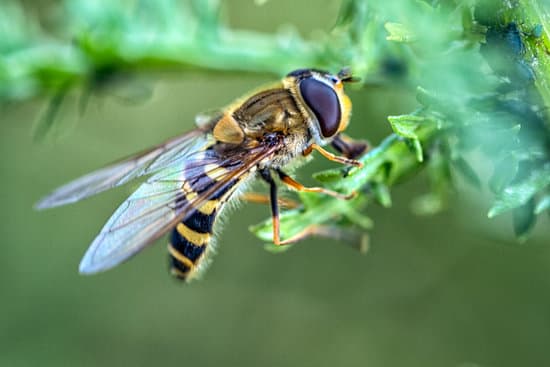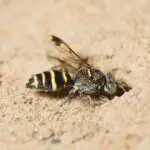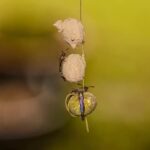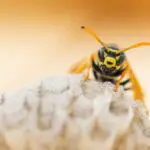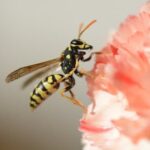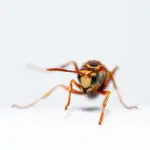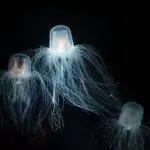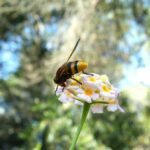What Wasps Can Stink
Depending on the size of the wasp, a single sting can result in pain and itching. Those who are allergic to wasp stings can experience a more serious reaction, resulting in hives and even anaphylactic shock. If you have been stung by a wasp, take steps to avoid a repeat attack.
The first step in treating a wasp sting is to rinse the affected area with soap and water. If the area is very painful, you may want to use a cold pack or ice cubes to reduce the pain. You should also consider using an antihistamine. These drugs can reduce swelling and itching in people who are allergic to wasp stings. You should also consult a physician for medical help.
A small number of people can develop a more serious allergic reaction after several wasp stings. In such cases, you may experience itching all over the body, as well as confusion and shortness of breath. You may also experience a drop in blood pressure and dizziness. You should also contact a doctor right away.
A severe allergic reaction can result in death. This reaction may occur within the first hour after a wasp sting. The symptoms can include confusion, dizziness, hives, shortness of breath, and loss of consciousness. The most serious of these reactions are characterized by a drop in blood pressure and a lack of oxygen to the brain.
For mild allergic reactions, you may take an antihistamine drug to reduce the swelling. You can also apply a cold pack or baking soda paste to the area.
